The single thing that is most likely to get you good shots is not that particular camera, or that lens. It is not a method of processing or a new scanner. It is travel. Travel brings subjects – more than that, it brings less familiar subjects that you look at with fresh eyes.
The familiar
Often you will hear photographers bemoan the fact that there is little of interest in their neighbourhood to shoot. There is a natural tendency to take our immediate environment for granted. We have seen (and shot) it all before. It is safe, it is familiar. We don’t need to look at it too closely because we know it is not a threat. We notice changes, but often we overlook what is under our noses.
This doesn’t only apply to photography. I’ve lived in London my whole life. Like many Londoners I tend to ignore the places that are on my doorstep. We have so many amazing things to see that are so close. We can go see them anytime. Because we can see them anytime, we tend to put off until tomorrow. The right tomorrow never seems to come. The familiar is taken for granted.

The unfamiliar
When we travel to new places we look with fresh eyes. We look for things we recognise and note the contrast with the unfamiliar. What might have felt like a cliché in our hometown becomes a fresh opportunity to make our own interpretation of a famous landmark. Because we don’t necessarily have the opportunity to put off until tomorrow, we can have a fresh sense of urgency and enthusiasm.
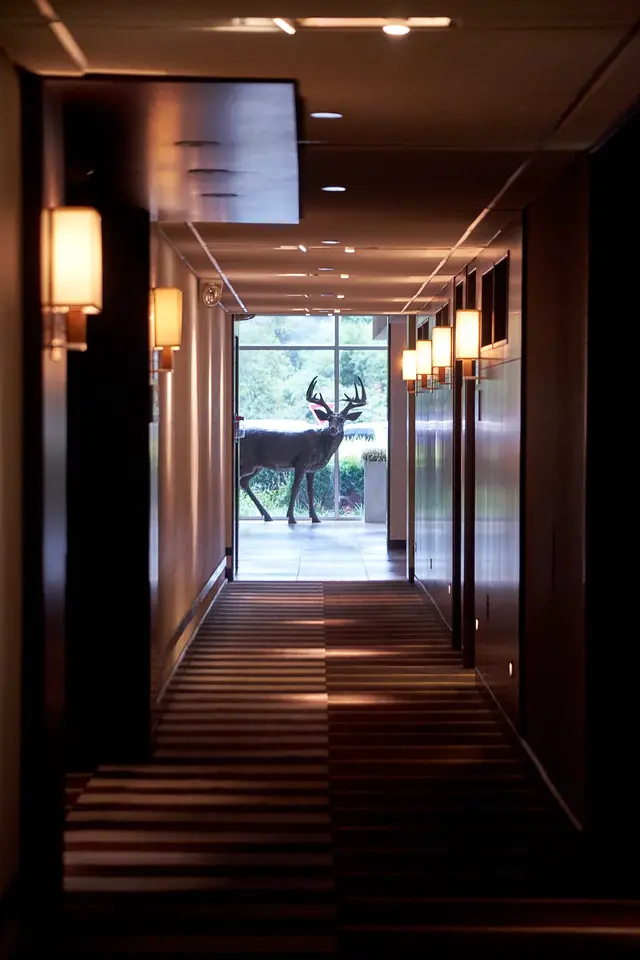
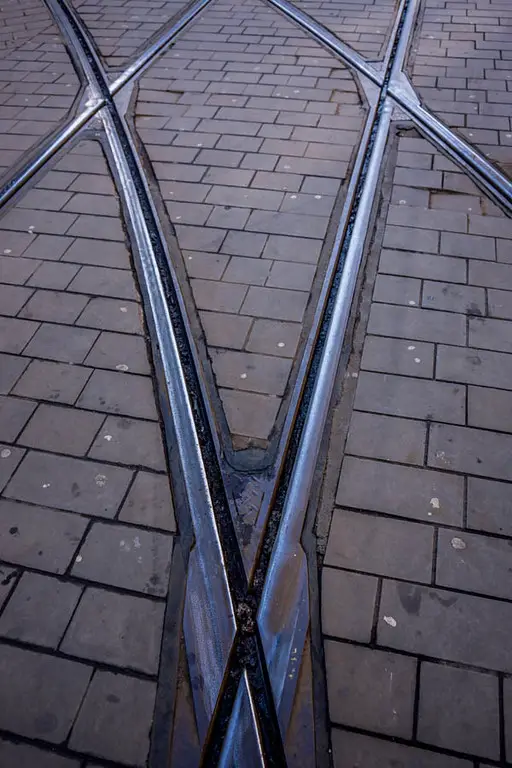
When I was in gainful employment, I used to work in Central London. Each day I would take my camera in a laptop bag and I would try to vary my route in so that I’d see fresh stuff.
Once I’d retired I could go anywhere. Strangely I spent a lot of my time staying in. Inertia is a tough hurdle to get over.
Volunteering
Volunteering can broaden opportunities for travel. Luckily for me I got into some voluntary work a few years ago. It is a lovely job. Somehow the best jobs I have ever had have all turned out to be unpaid ones. No Matter. I get to travel.
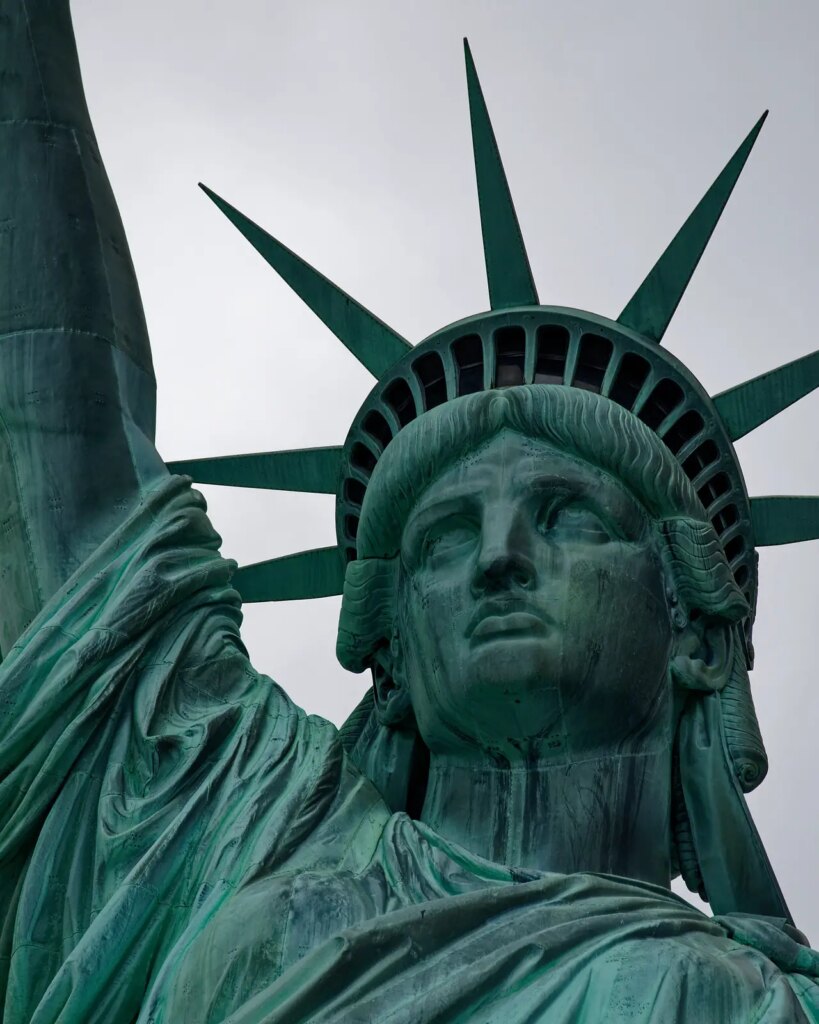
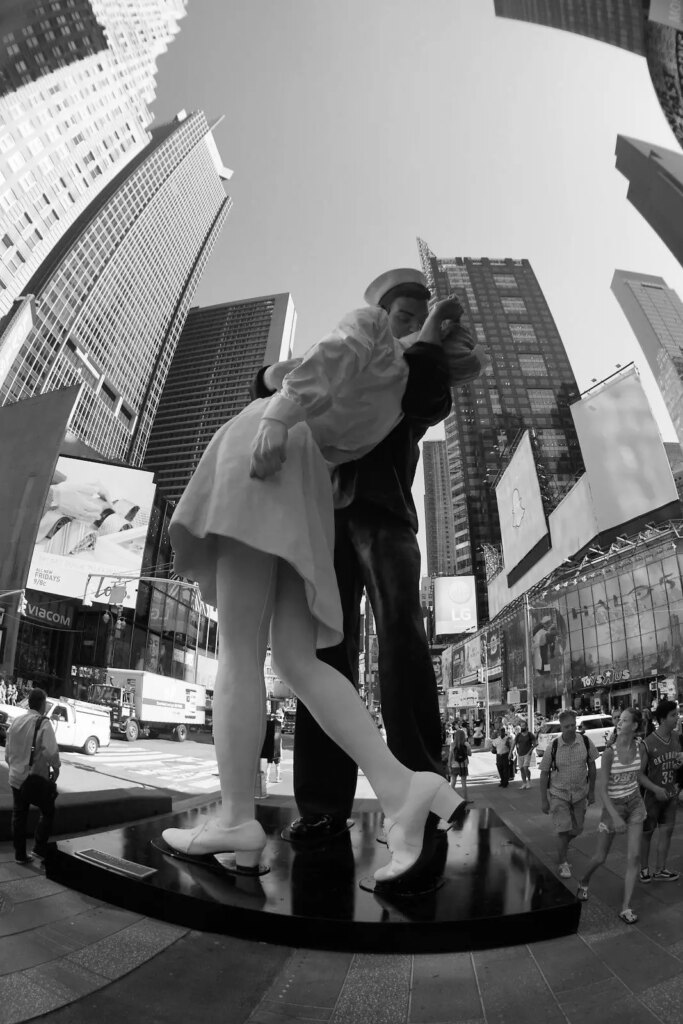
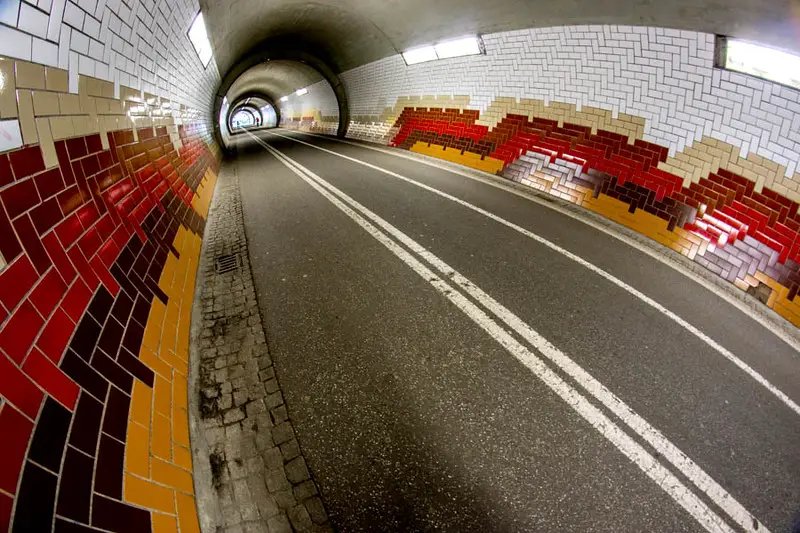
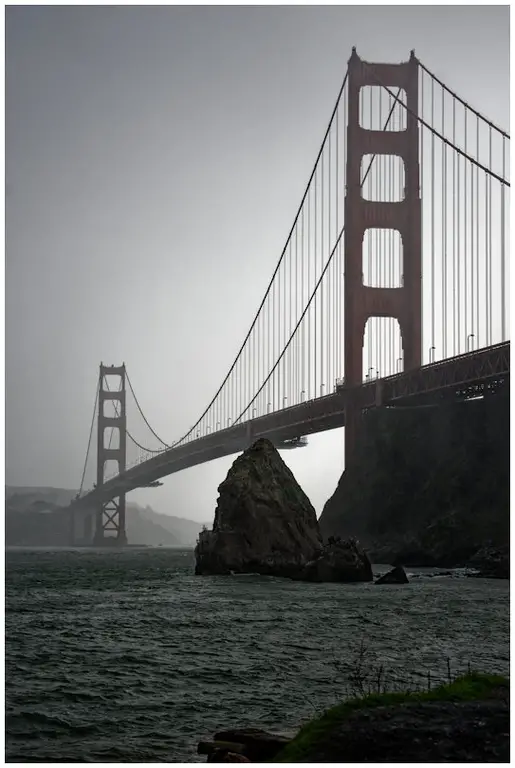
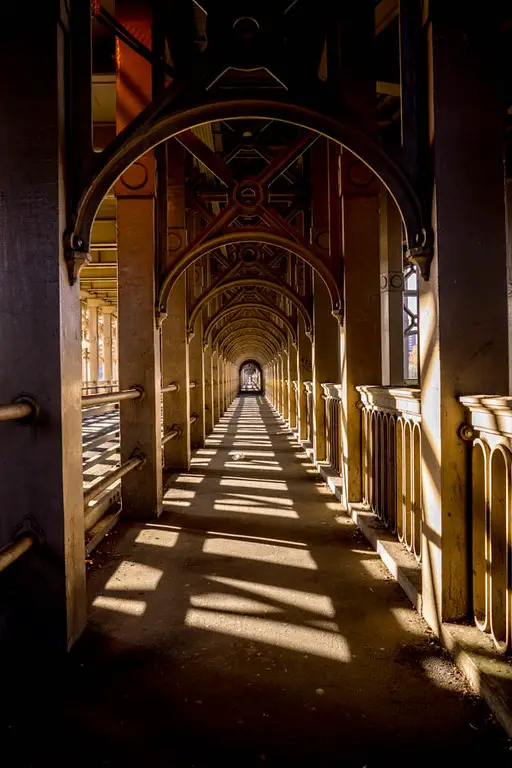
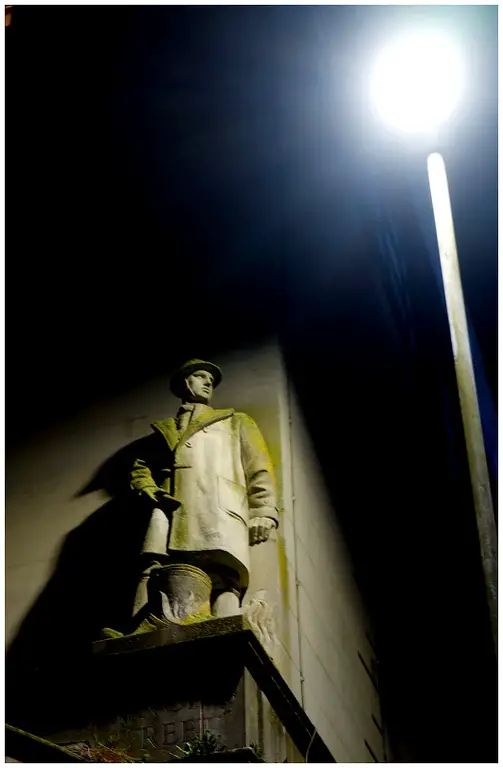
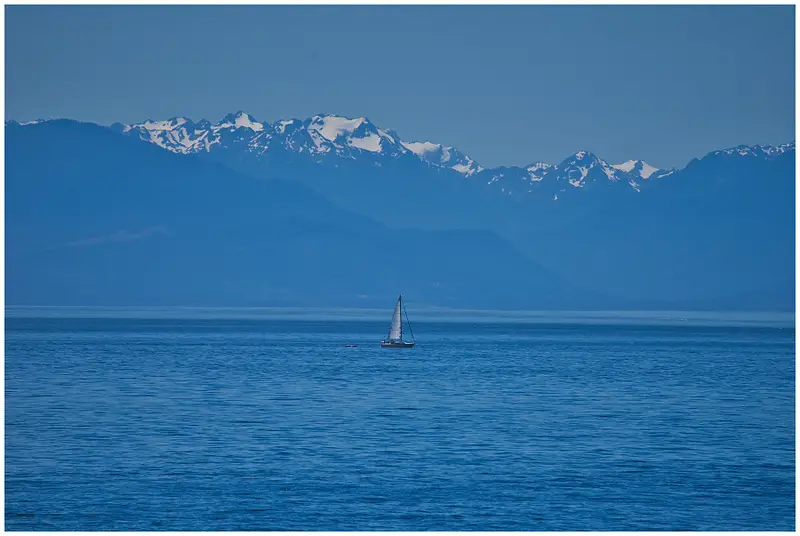
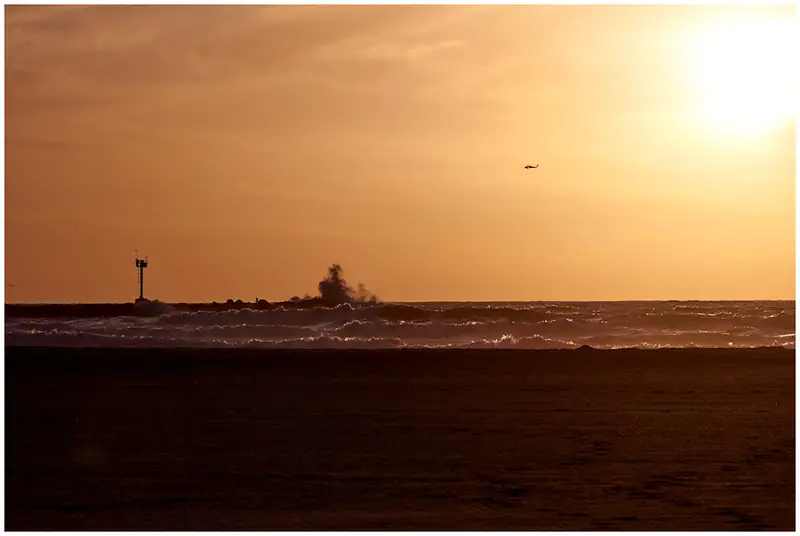
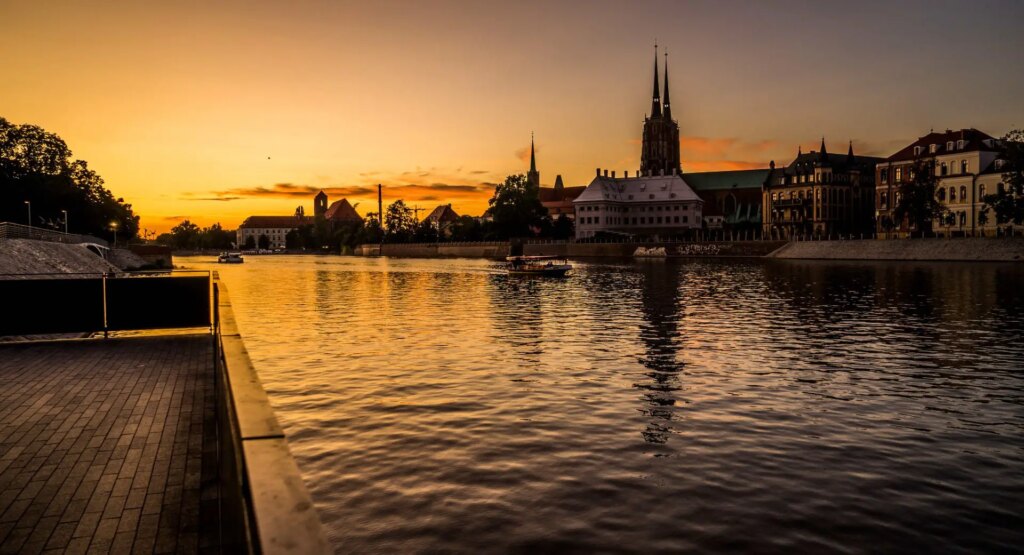
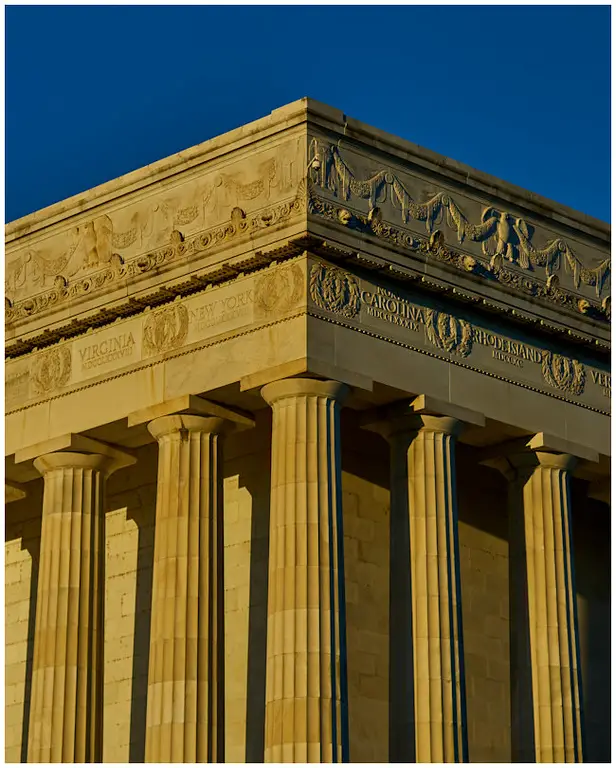
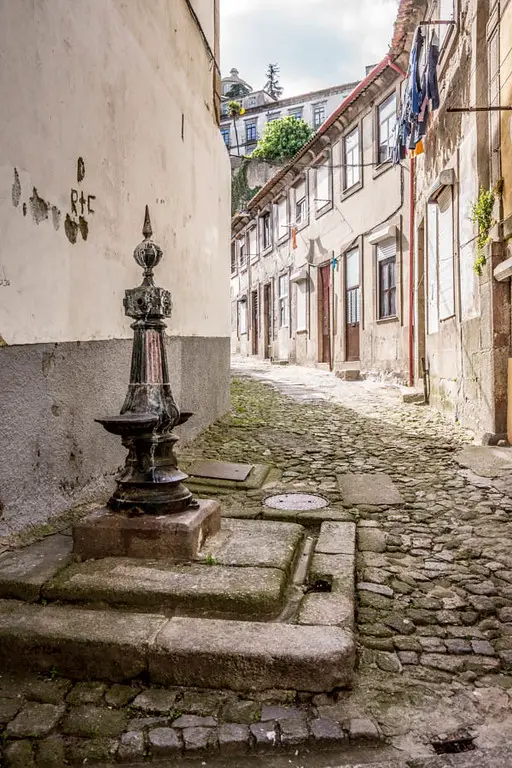
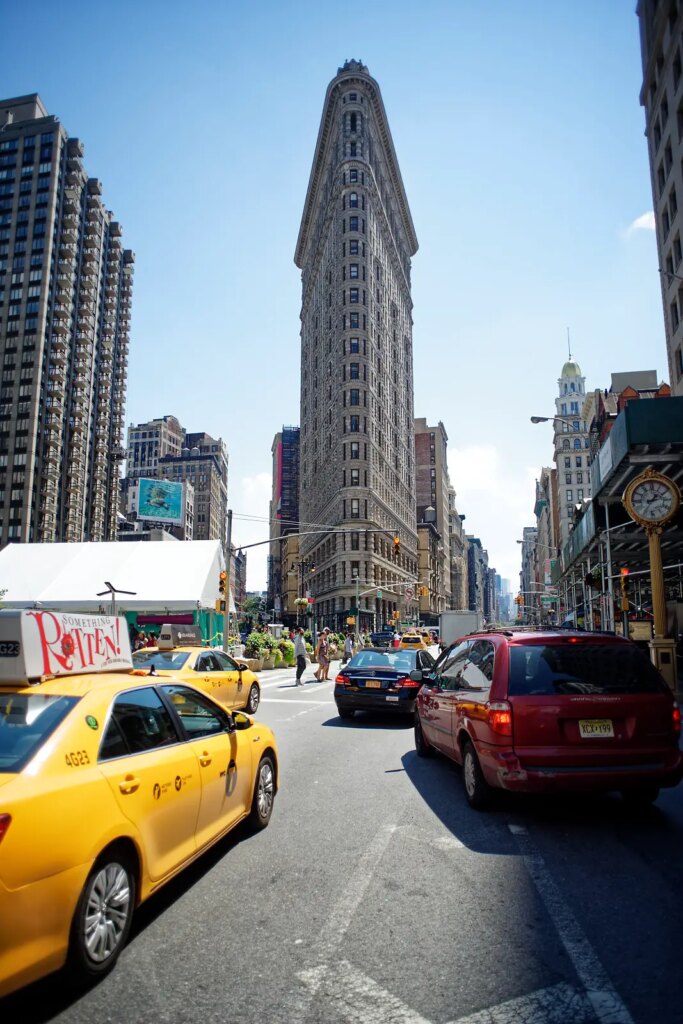
In my volunteer role I am a stem cell courier. I collect stem cells that have been taken from a live donor (like blood donations the donor’s body replaces the stem cells fairly quickly) and I transport them to wherever a blood cancer patient is.
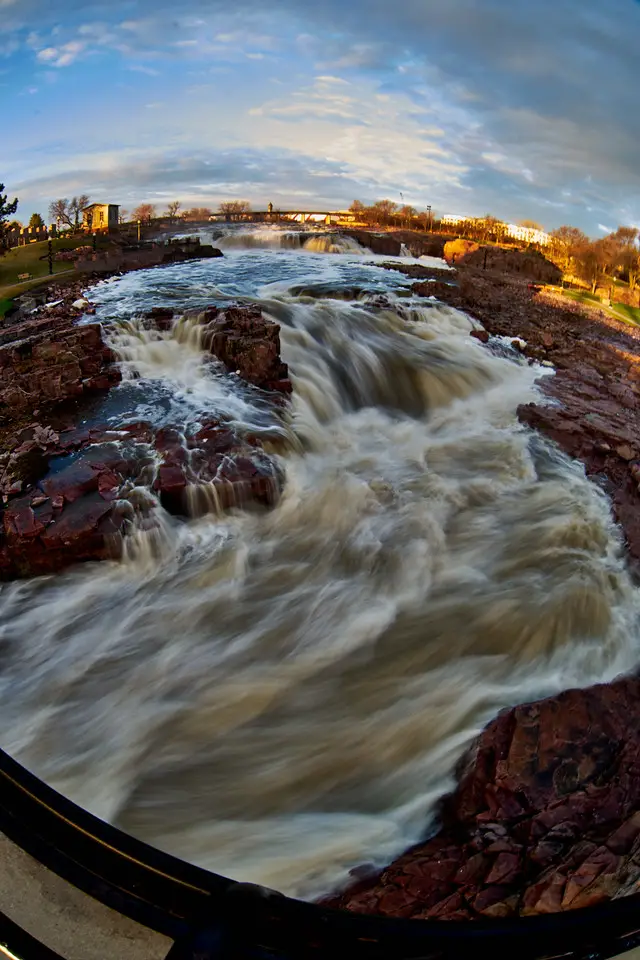
Stem cell transplantation is savage on the patient, but the recovery rates are remarkably good. The courier is a small link in the chain, but there is a lot of responsibility involved. The couriers thermal box holds what may well be the last best chance for the patient. When I’m in possession of the cells I don’t stop to take photographs, but there is a lot of time getting to the pick-up and getting home after the delivery where a bit of time can be found to shoot.
Some of the destinations are local and quite mundane, others mean I venture a little further afield.
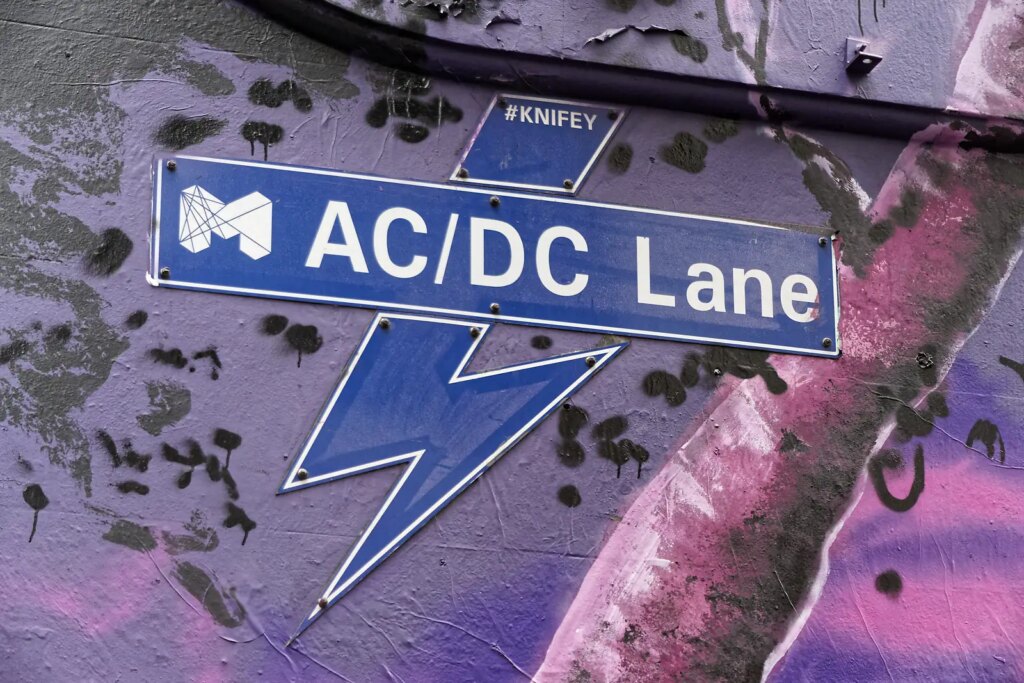
The longest trip I’ve done was from Melbourne to Leeds. The very next trip after that was a 15 minute walk from one London hospital to another. Quite a mix.
When we go abroad we fly out the day before, so we get at least one evening in a city before collection. Where lots of time zones are concerned, we normally get two days to recover before we collect the cells (a jet-lagged courier is in no-one’s interests).
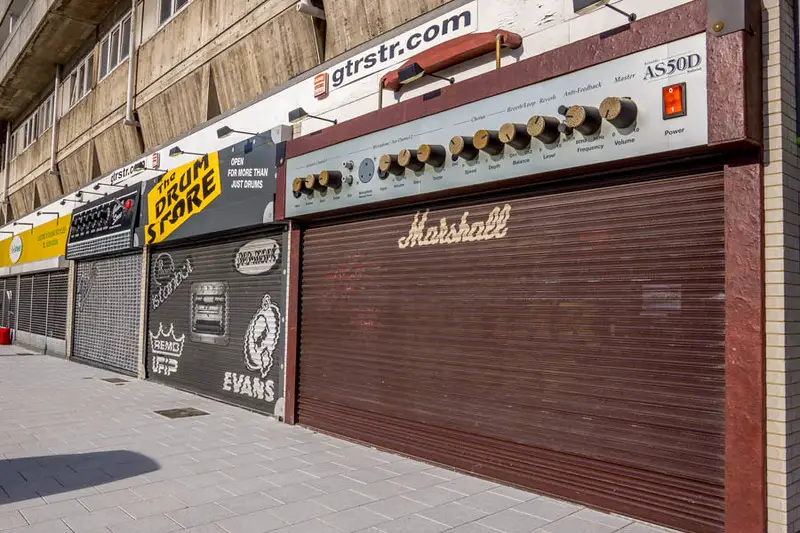
The rut
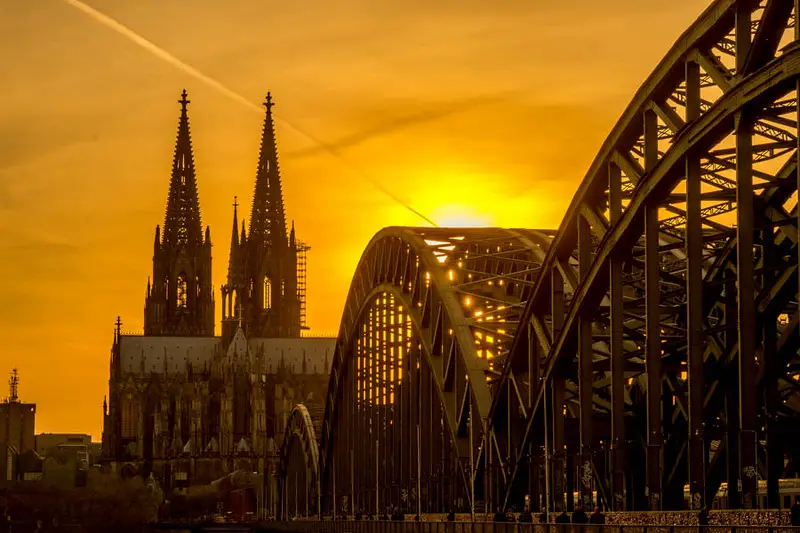
Even when visiting foreign cities, it is possible to get quite blasé. Cologne has the biggest donation centre in Europe. I’ve visited many times. So many that I got to the stage where I’d rather sit and watch German Football on TV rather than see the city of an evening. Covid and the lockdown have made me realise the folly of that attitude. When I get to go back to Cologne, I’m determined to drink it in as if it was brand new.
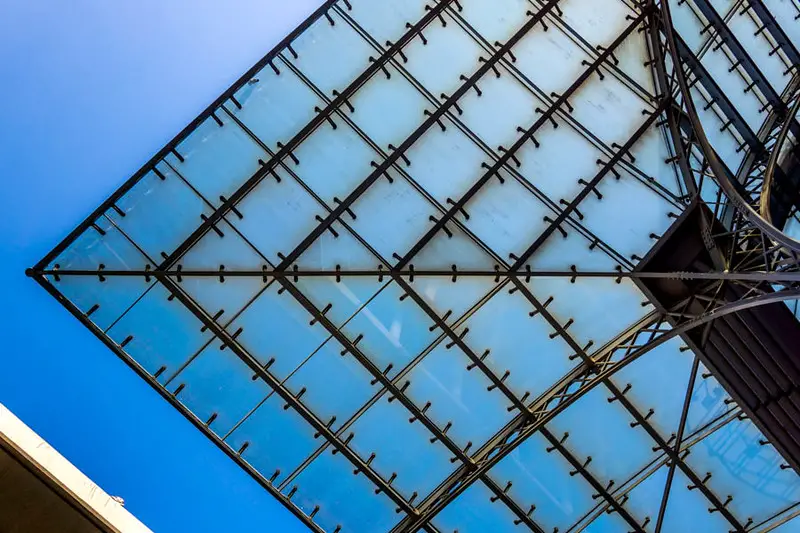
Responsible travel
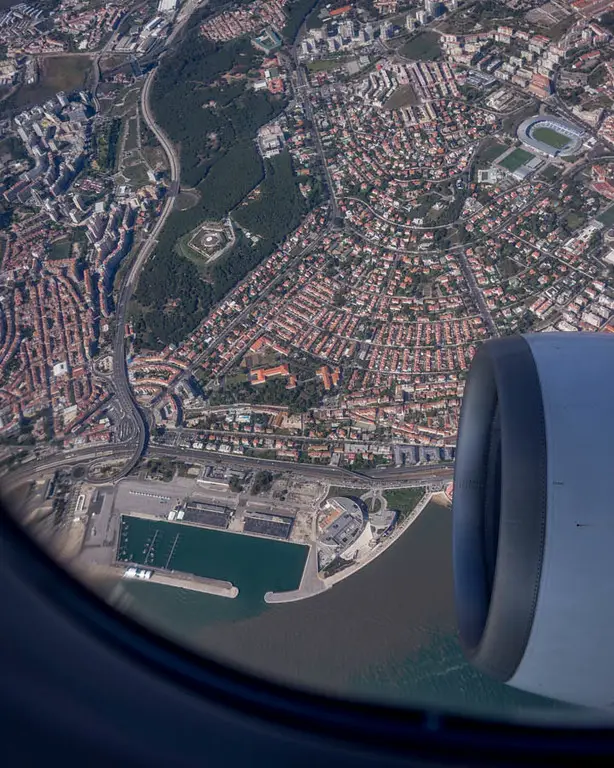
I stress I’m not advocating everyone jumping on aeroplanes to trot the globe. However, If you do get the opportunity to travel for whatever reason, it offers a useful opportunity to look for different subjects.
Remember that travel does not have to be long distance, or to glamourous destinations. Some of the best subjects are only just out of reach, hidden in obscurity and you will never know they are there until you choose to take the path you have not walked before.
Discounted travel
I’ve now reached an age where I get cheap train fares and free travel within London. I’m planning to use this more in the next year in order to go to more places and see more stuff. I’m pretty confident that exposure the new subjects will have a favourable impact on my photography.
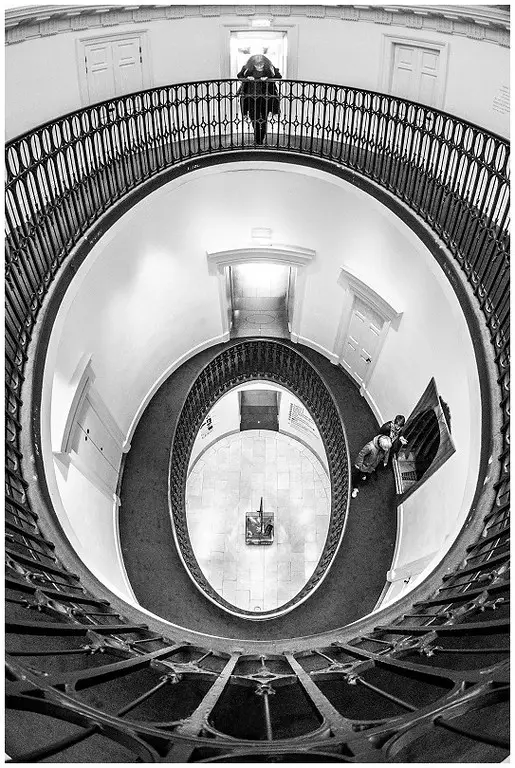
Discounted travel is not only for the over 60s. There may also be discounts for students or veterans. Check out what travelcards, discounts and offers are available for public transport where you live.
Meet up
Even if you are unable to travel far, there are options for capitalising on the travel of others. If you know other photographers it can be great to actually meet up when they come to your town. It is lovely to be shown around by someone who knows the place and for the local, it can be eye-opening to see your neighbourhood through the fresh eyes of a visitor and to notice how they compose.
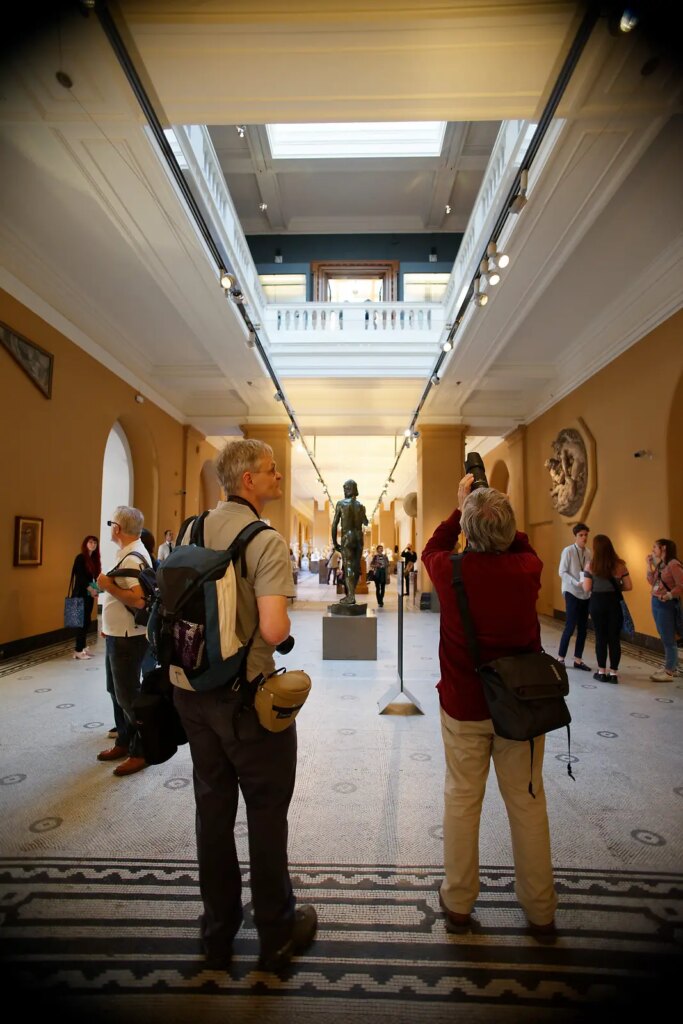
In a similar way, doing a photo walk with other locals can be valuable, even if you regard yourself as very much a ‘lone’ photographer. I find I learn from just shooting with other people.
Sum up
So there you have it. My advice to those wanting to improve their photography is to travel and meet people. Seize opportunities, don’t put trips off until mañana and take advantage of opportunities to show visitors around places you know.
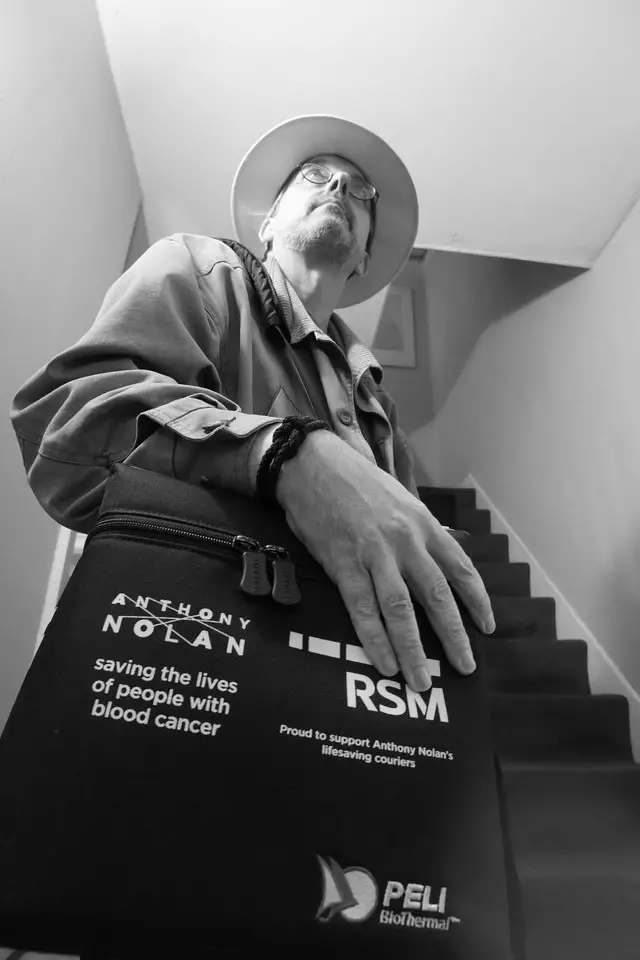
Oh and, if you are of an age to do so, consider registering as a stem cell donor. This won’t improve your photography, but might mean you are absolutely instrumental in saving someone’s life, so should give you a nice warm feeling.
Share this post:
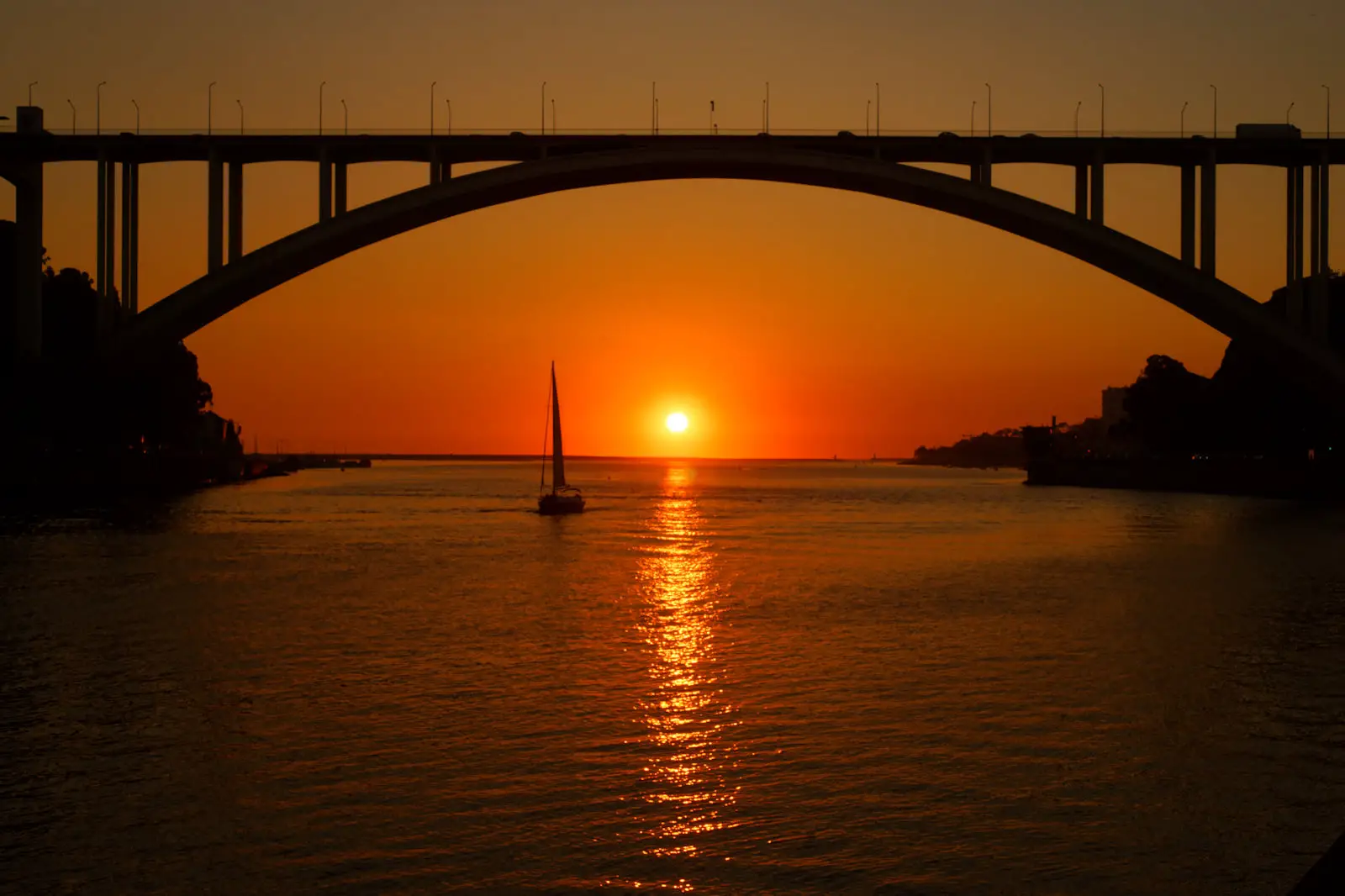
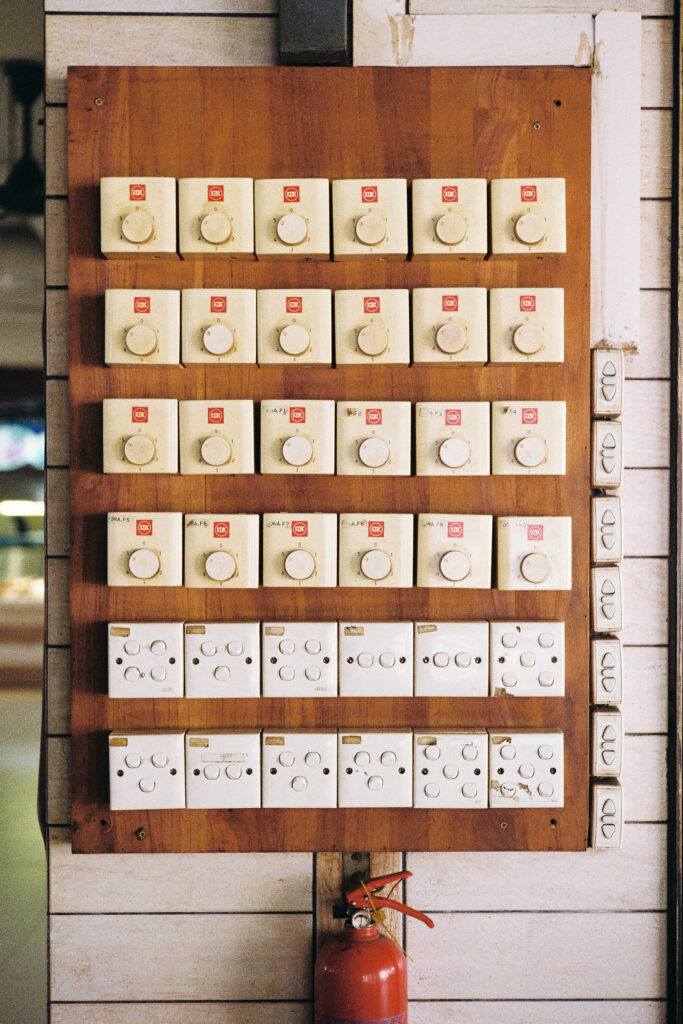
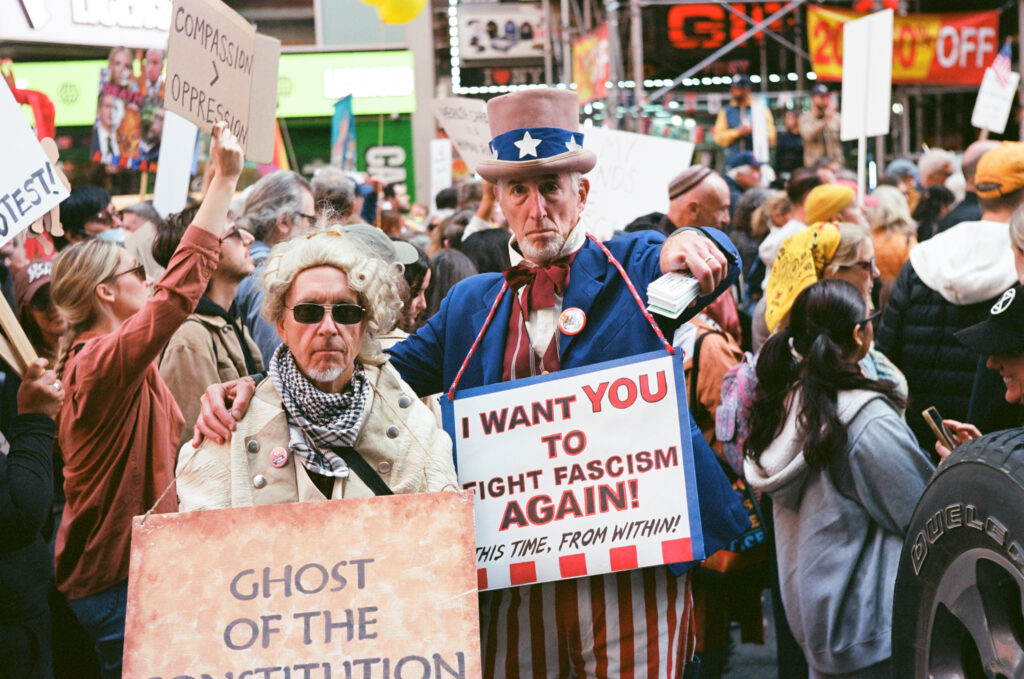
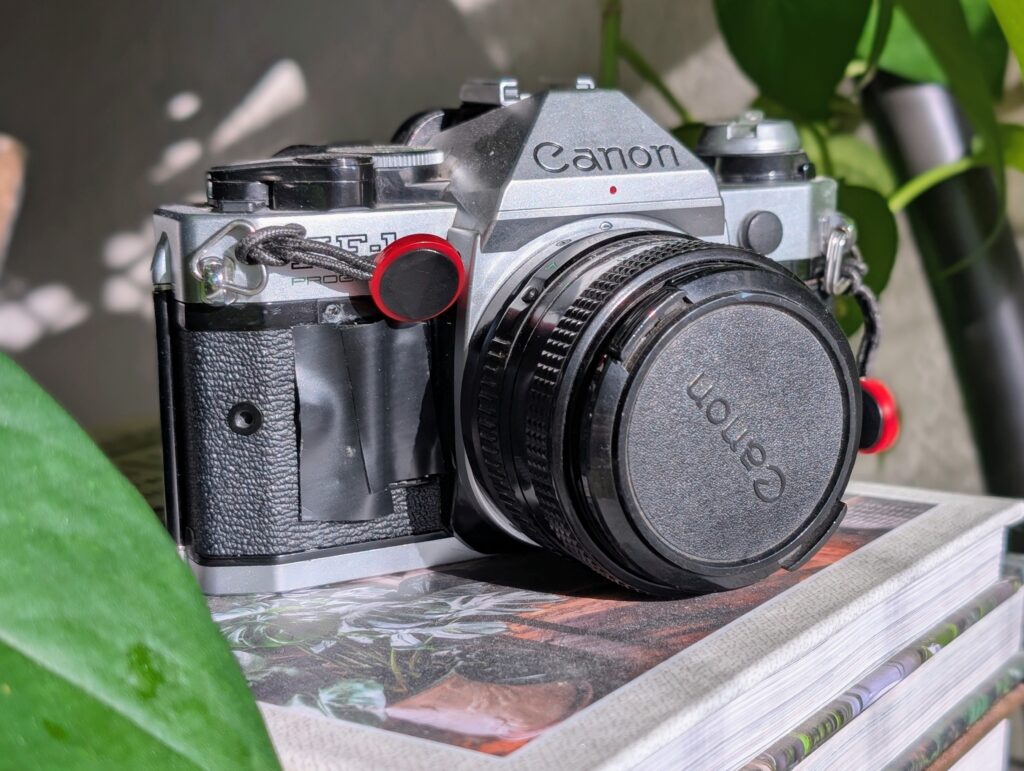
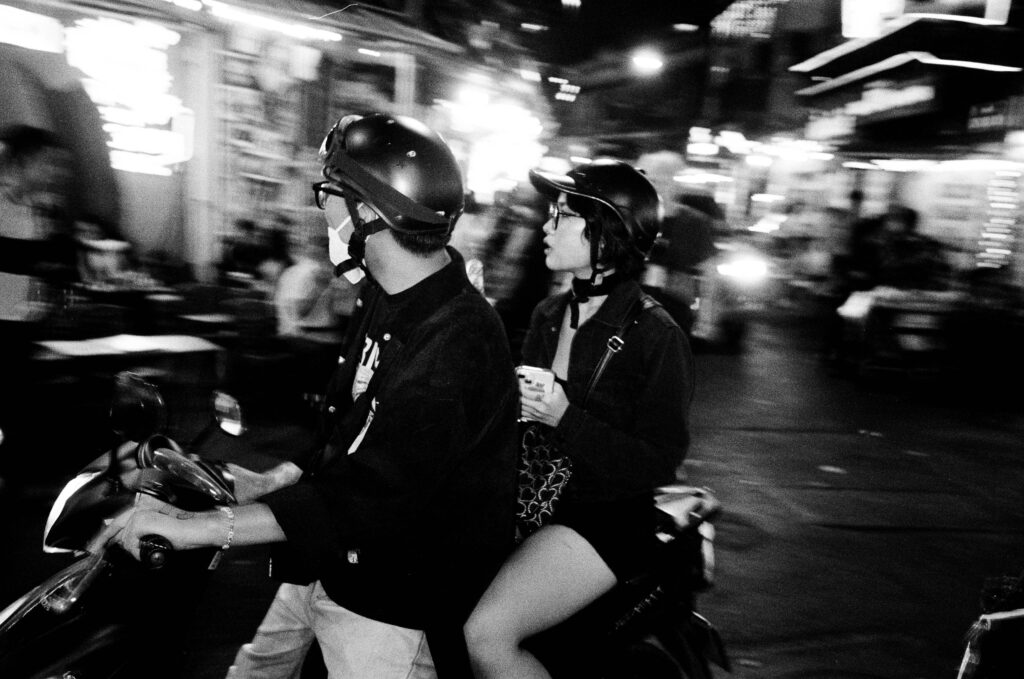




Comments
David Hume on Travel Broadens the Mind – By Bob Janes
Comment posted: 18/05/2022
Comment posted: 18/05/2022
Jay Dann Walker in Melbourne on Travel Broadens the Mind – By Bob Janes
Comment posted: 19/05/2022
Like you, I'm now retired. Have been, most happily, for 10 years, from my own practice as an architect, which was enjoyable but as a profession, it ended up costing me more than I got in money out of it. So it goes. After coughing up the cash for all the overheads I didn't have much dosh left, but I did have the credit rating, and I made the best of it - Hasselblad, a Linhof kit, various MF beasts I had long lusted after but couldn't afford to buy, Nikons by the baker's dozen. Almost all now sold.
I did sense many things you left unsaid that I agree with. Like - when we work we trade off time for money. When we retire we reverse the equation. After I gave up the profession in 2012, I went to Southeast Asia on a three-months photo trek - and ended up teaching English to kids from poor families in Indonesia, also contributed time, effort and a little money to setting up an animal rescue shelter (dogs, cats, small critters, then work ponies and even horses), also in Indonesia. Both of which are still going strong even in these sad Covid times, the former has seen some 20-30 young Indonesians get government scholarships to go on to study at university, to be part of the future professional class in that still developing country, the latter now a fairly big concern with local council and a lot of private funding. Oddly, with the animal shelter, in a Muslim country like Indonesia, the dogs we "save" go to new homes almost immediately, but not so the cats. The horses and ponies have ended up on a farm in the countryside, a 'forever home' for them to finish their sad lives in a degree of comfort. Whenever I'm back in that country I visit the farm to help with the ongoing chores and of course photograph all the animals, a source of great pleasure to me.
Now 'minimalist' is my way to go in travel. In the old days I took the entire arsenal with me, in the mid-'80s I went to SEA with a Nikkormat and five lenses, a Rolleiflex, and a Linhof 6x9 with two film backs and three lenses. The reasons why I took so much, now completely elude me. Oh, a lso a hefty Linhof tripod and of course film in old metal K-ration cans. Of all that gear, used the 'mat a lot (with mostly Kodachrome), the 'flex now and then (for pretty landscapes taken on Plus-X), the Linhof for one roll of Fujichrome 50 (a film I adored), if that. I'm amazed I could carry all that gear, but somehow I did. Now, older and wiser (if not richer), I would hire somebody to assist me...
More so, I now carry much less. For ten years, a Nikon D700, later a D800, and two lenses. Now, a Fuji XT2 and three Fujinon lenses - still a little less heavy than the Nikon kit, and just as useful. Film, now, not. For me, the era has passed. Sadly, but that's life.
All this not to hijack your excellent article, but to say thanks - for the good words, and the many memories and thoughts they evoked.
From Dann in Melbourne (AC-DC country, yes!!), Australia
Comment posted: 19/05/2022
Sroyon on Travel Broadens the Mind – By Bob Janes
Comment posted: 27/05/2022
Comment posted: 27/05/2022